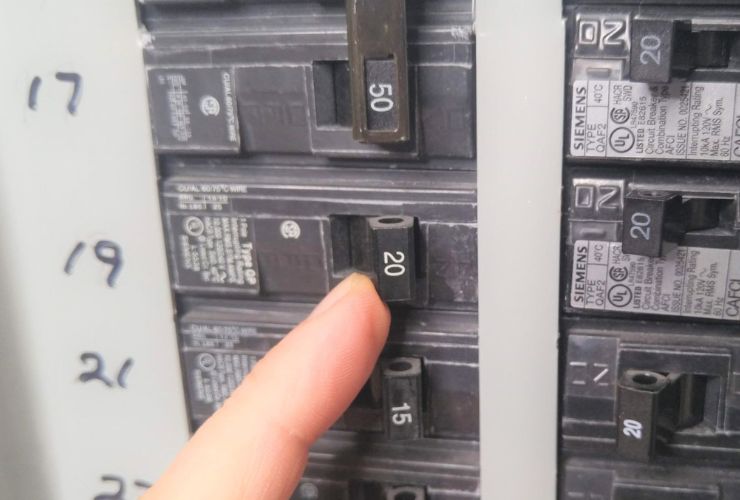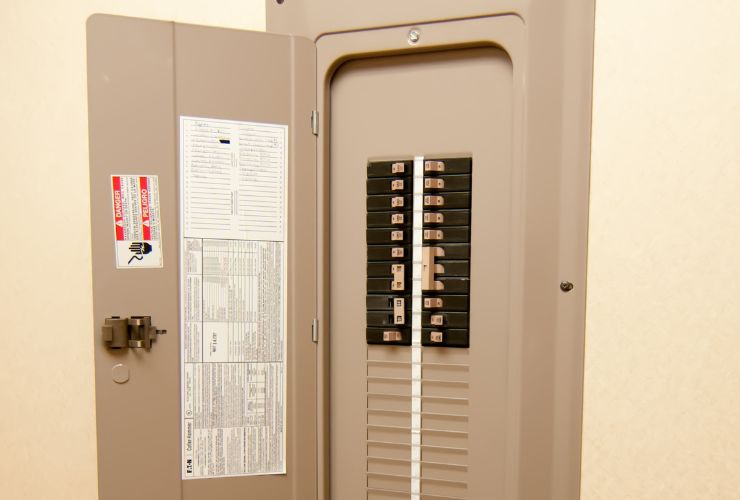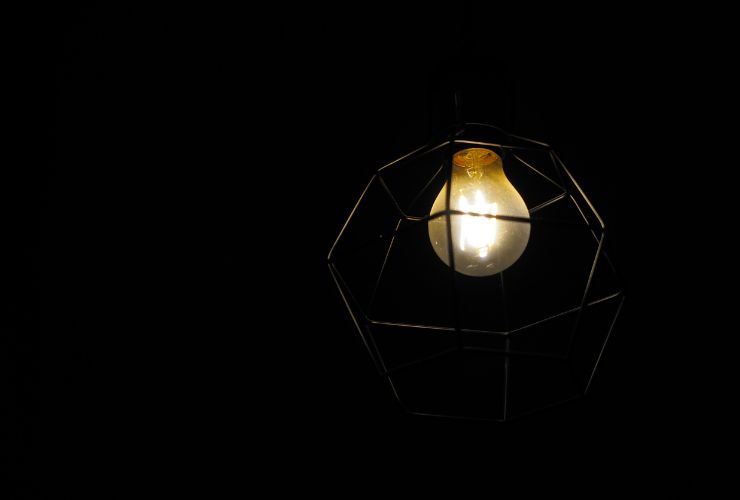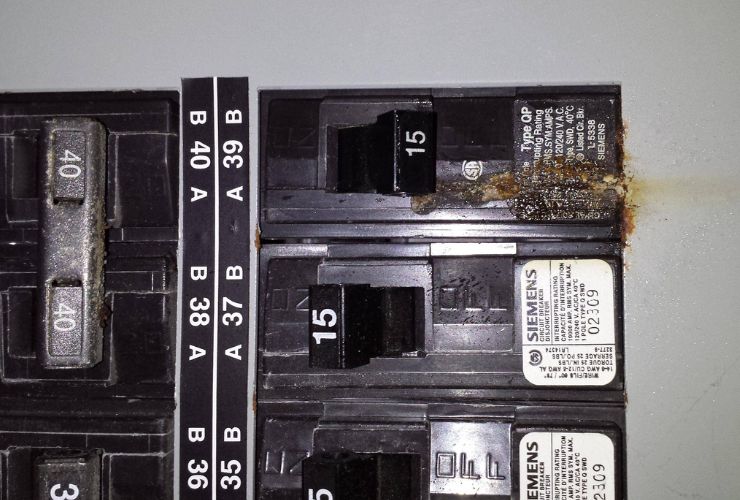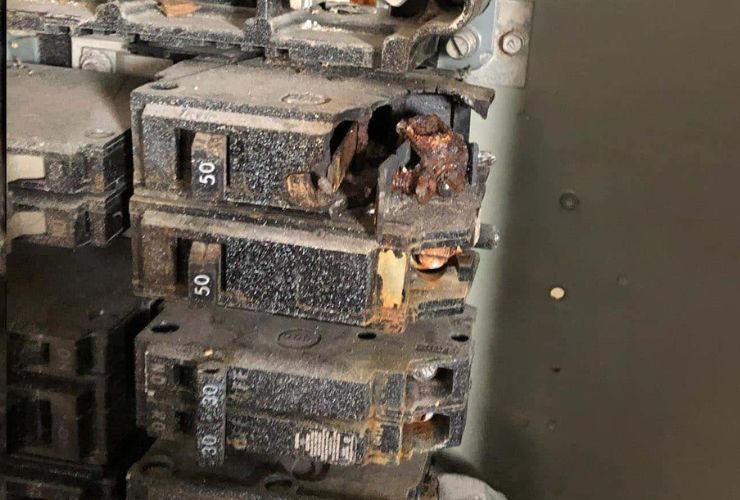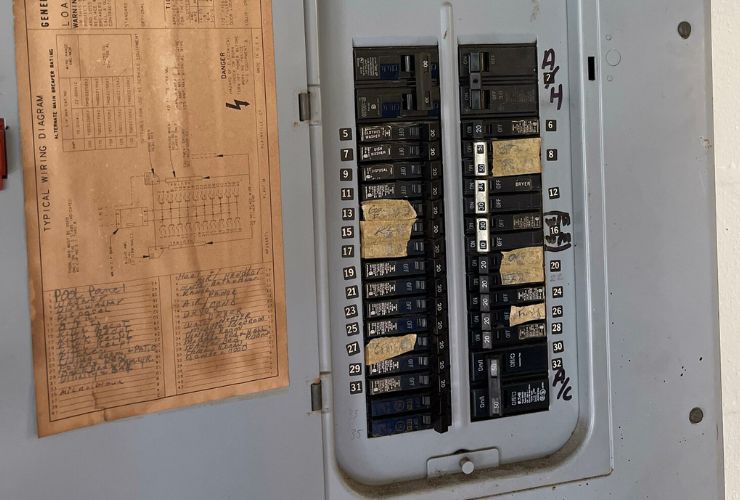Common Signs That Your Electrical Panel Needs Replacement
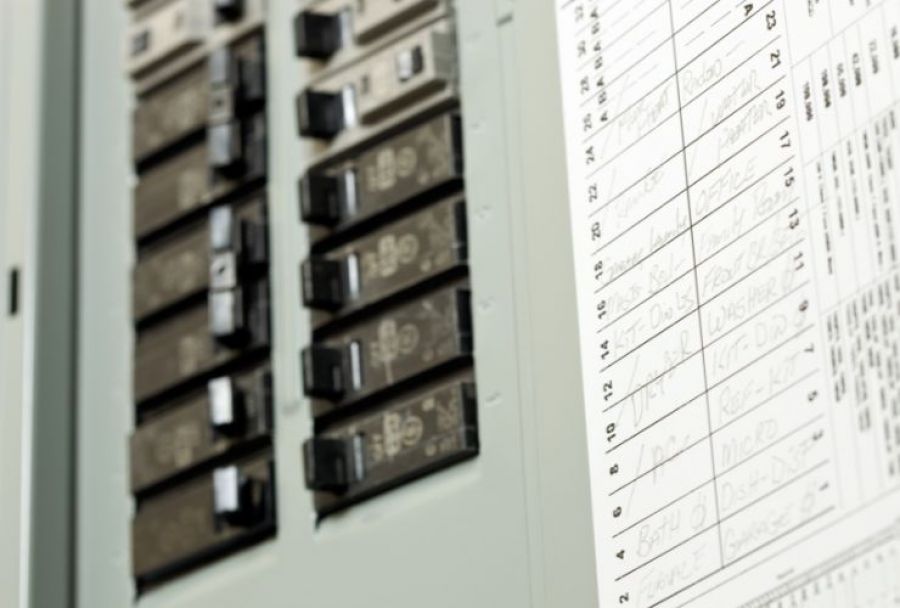
TLDR: Your home’s electrical panel is crucial for distributing power efficiently, but it can wear out or become outdated over time. Signs like frequent circuit breaker trips, outdated panels, flickering lights, burning smells, a warm panel, or limited space for extra circuits indicate a need for replacement. Contact Cummings Plumbing, Heating, and Cooling for expert assistance in upgrading your electrical panel. It ensures safety, efficiency, and the capacity to meet modern electrical demands. Don’t compromise on your electrical safety—schedule an inspection today!
Your home’s electrical panel is like the heart of your electrical system. It distributes power throughout your home, ensuring that all your devices and appliances receive the electricity they need to function. Over time, electrical panels may wear out or become outdated, posing potential risks to your home’s safety and efficiency. In this blog, we will explore some common signs that indicate it may be time for an electrical panel replacement. If you notice any of these signs, don’t hesitate to reach out to Cummings Plumbing, Heating, and Cooling for expert assistance in upgrading your electrical panel.
Frequent Circuit Breaker Tripping
Frequent circuit breaker tripping can be a source of frustration and disruption in your daily life. When it occurs regularly, it’s a clear indication that your electrical panel may be struggling to manage the electrical load in your home. This issue can have several underlying causes, each of which should be addressed promptly to maintain the safety and functionality of your electrical system.
Overloading is a common cause of circuit breaker trips. It happens when you have too many high-power devices and appliances drawing electricity from the same circuit. When the electrical demand surpasses the circuit’s capacity, the circuit breaker trips to prevent overheating and potential electrical fires. Faulty wiring, such as loose connections or outdated wiring, can also lead to frequent tripping. Resistance generated by poor connections can cause the circuit breaker to trip as a safety measure.
Additionally, the capacity of your electrical panel plays a crucial role in how well it can handle your home’s electrical needs. If your panel is outdated or too small for your requirements, it may trip more frequently as it struggles to distribute power effectively. In any case of frequent circuit breaker tripping, it’s essential to consult a professional electrician. They can assess the situation, identify the root causes, and recommend necessary repairs or an upgrade to a more robust electrical panel.
Outdated Electrical Panel
Homes with older electrical panels may find themselves grappling with electrical systems ill-equipped to meet the demands of modern living. These older panels often lack the capacity and features necessary to handle the increasing number of electronic devices and appliances found in today’s households. If your electrical panel has been in service for several decades, it’s advisable to consider an upgrade.
Signs of an outdated electrical panel include the continued use of fuses rather than circuit breakers, limited amperage capacity, and a lack of compatibility with newer safety features and technologies. Upgrading to a modern electrical panel can significantly enhance the safety and efficiency of your electrical system. It not only reduces the risk of electrical fires but also ensures that your home can accommodate your power requirements as you add more devices and appliances over time.
An electrician can evaluate your current panel, discuss your household’s electrical needs, and recommend the most suitable replacement panel. This proactive approach to upgrading your electrical panel can provide peace of mind and improve the overall safety and functionality of your home.
Flickering or Dimming Lights
Flickering or dimming lights can be a bothersome and perplexing issue for homeowners. Beyond the annoyance, these fluctuations in lighting can signal an underlying problem with your electrical panel’s ability to provide a consistent and reliable supply of electricity. Understanding the common causes can help you address the issue effectively.
Voltage drops are a frequent cause of flickering or dimming lights. This occurs when the electrical circuits in your home are overloaded, leading to temporary drops in voltage. When voltage levels dip below what’s required for proper lighting, your lights may flicker or dim. Another common culprit is loose connections within your electrical system. These can disrupt the flow of electricity, resulting in inconsistent power supply to your lights.
While flickering or dimming lights may seem relatively harmless, they should not be ignored. These issues can lead to appliance damage and, in some cases, pose electrical hazards. To resolve the problem, it’s best to consult a professional electrician. They can perform a thorough inspection of your electrical system, identify the root cause of the lighting issues, and implement the necessary repairs to ensure consistent and reliable power.
Burning Smell or Scorch Marks
Discovering a burning smell or scorch marks around your electrical panel is a cause for immediate concern. These signs are clear indicators that something is amiss within your electrical system, and addressing them promptly is crucial to prevent potential electrical fires and damage to your home.
A burning odor can emanate from overheated components or damaged wiring within your electrical panel. This smell is a warning sign that the electrical system is operating under conditions that could lead to a dangerous situation. Scorch marks or discoloration around the panel may be visible signs of overheating or arcing. Ignoring these warning signs can have serious consequences, including the risk of fire and electrical damage.
If you detect a burning smell or notice scorch marks near your electrical panel, immediate action is necessary. First, turn off the power to the affected area to minimize the risk. Next, contact a professional electrician to investigate the issue. They will be able to identify the source of the problem, make the necessary repairs, and ensure the safety of your electrical system.
Electrical Panel Warm to the Touch
Your electrical panel should always remain cool to the touch under normal conditions. If you notice that it feels warm or, worse, hot, this is a cause for immediate concern. An electrical panel that becomes warm to the touch can indicate overheating, which is a significant safety hazard.
The warmth or heat sensation on the panel’s surface may be due to excessive electrical resistance within the panel, wiring, or connections. Overheating poses a risk of electrical fires and can lead to severe electrical problems if not addressed promptly. It’s crucial to treat an electrical panel that feels warm as a serious issue that requires immediate attention.
If you encounter a warm electrical panel, take precautionary measures by turning off the power to that area. Following this, contact a professional electrician as soon as possible. They will thoroughly inspect the panel, identify the cause of the overheating, and implement the necessary repairs or replacements to ensure the safety and functionality of your electrical system.
Limited Space for Additional Circuits
As households evolve and incorporate new appliances or undergo renovations, the need for additional electrical circuits often arises. If your electrical panel lacks available space for these extra circuits, it’s a clear indication that an upgrade to a larger panel is necessary to accommodate your growing electrical requirements.
Signs of limited space within your electrical panel include all available slots being occupied and the use of double taps, where multiple wires are connected to a single circuit breaker. Overcrowding your panel with too many connections can lead to overheating, increased fire risk, and inconvenience. Additionally, it may prevent you from adequately powering your home’s electrical needs.
To address this issue and ensure that your electrical system can meet your evolving requirements, it’s advisable to consult a professional electrician. They can assess your current panel’s capacity, discuss your household’s electrical needs, and recommend an appropriate solution, which may involve upgrading to a larger panel. This proactive approach can enhance the safety, efficiency, and convenience of your home’s electrical system.
Conclusion
Your electrical panel plays a crucial role in maintaining the safety and functionality of your home’s electrical system. If you’ve noticed any of these common signs indicating that your electrical panel needs replacement, don’t hesitate to contact Cummings Plumbing, Heating, and Cooling. Our experienced technicians can assess your electrical panel’s condition, provide expert recommendations, and perform a safe and efficient replacement if necessary. Don’t compromise on your home’s electrical safety—give us a call today to schedule an inspection and ensure your electrical panel is up to the task of powering your home safely and reliably. Your peace of mind is our priority!
Questions & Answers About Electrical Panel Upgrades
Why would I need to upgrade my electrical panel?
Electrical panel upgrades are necessary for several reasons. If your home is equipped with an outdated or undersized panel, it may not be capable of handling the electrical demands of modern appliances and devices. Upgrades also ensure your electrical system complies with current safety standards and regulations. Additionally, if you’re planning home renovations or adding new appliances, a larger panel may be required to accommodate the increased electrical load.
How can I tell if my electrical panel needs an upgrade?
There are several signs that may indicate the need for an electrical panel upgrade. These signs include frequent circuit breaker tripping, flickering or dimming lights when using appliances, a burning smell or scorch marks near the panel, or if your panel is outdated, still using fuses, or lacks available space for additional circuits. If you notice any of these signs, it’s advisable to have a professional electrician assess your panel.
What are the benefits of upgrading my electrical panel?
Upgrading your electrical panel offers several benefits. It improves the safety of your home by reducing the risk of electrical fires and hazards. It also enhances the efficiency and reliability of your electrical system, reducing the likelihood of power interruptions and disruptions. Additionally, an upgraded panel allows you to meet the power requirements of modern appliances and electronics, making your home more convenient and accommodating for your needs.
How long does an electrical panel upgrade typically take?
The duration of an electrical panel upgrade can vary depending on several factors, including the complexity of the job, the size of the panel, and any additional electrical work required. In most cases, a standard panel upgrade can be completed in a single day, while more complex projects may take longer. Your electrician will provide you with a more accurate timeline based on your specific circumstances.
Is it possible to upgrade my electrical panel myself, or should I hire a professional?
Electrical panel upgrades are complex and potentially hazardous tasks that should be handled by a licensed and experienced electrician. Attempting a DIY panel upgrade can lead to serious safety risks, code violations, and electrical problems. Professionals have the expertise to ensure the work is done safely, up to code, and in compliance with local regulations. Hiring a qualified electrician is the best way to guarantee a successful and safe electrical panel upgrade.
On standby waiting to help you with a FREE Quote right now!
Recent Posts
CATEGORIES

